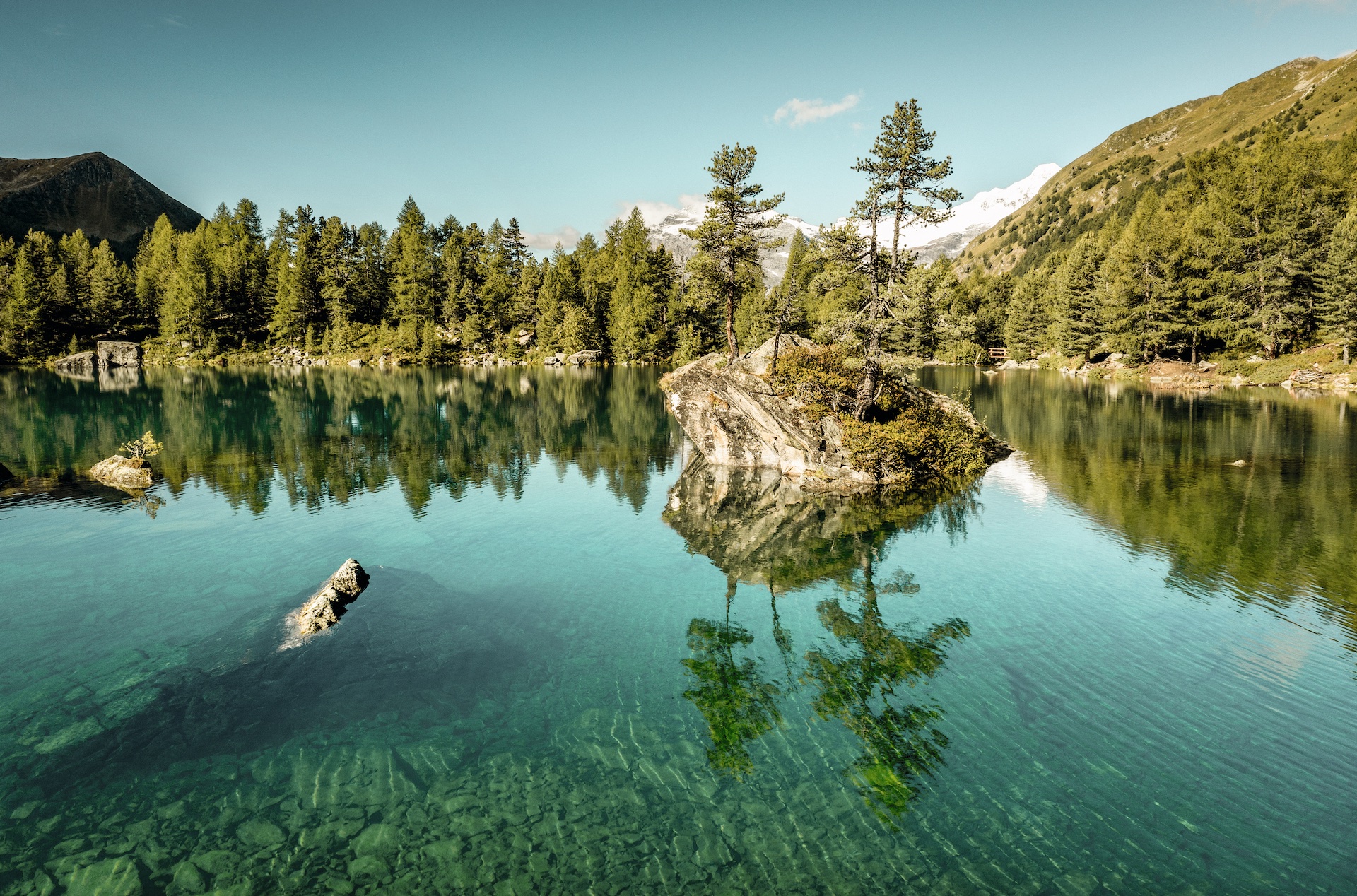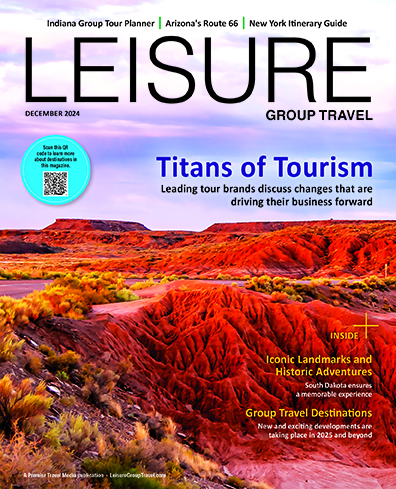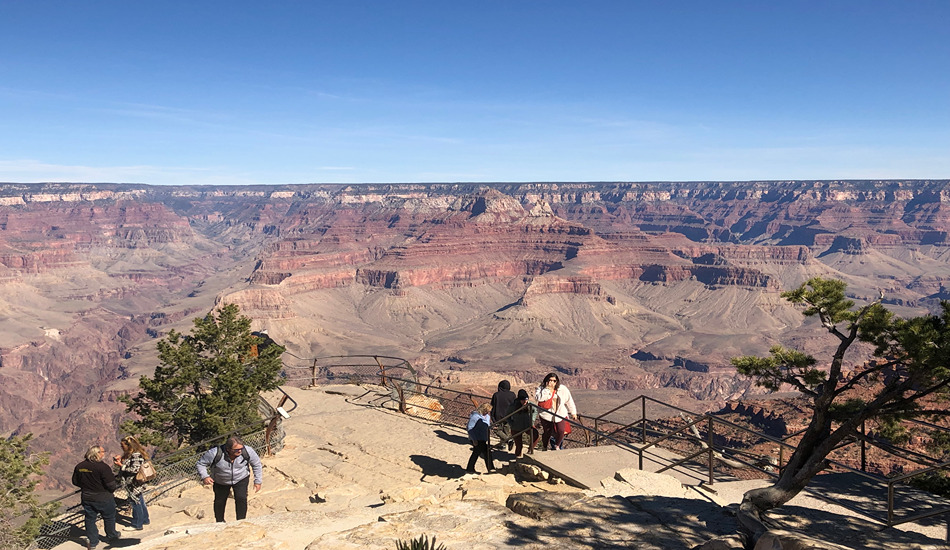Swisstainable campaign promises clean mountain air for years to come
Switzerland for many years has been setting an example for responsible world travel. A pioneer in sustainability, the country has always taken care to strike a balance between the needs of tourists, the needs of the local population and the needs of the environment. The worldwide coronavirus pandemic has only increased our desire for authenticity, proximity to nature and wise consumption of natural resources.
Switzerland Tourism has embarked on a brand new communication campaign to create awareness for a long-term sustainability strategy. The name for this Earth-friendly approach: Swisstainable.
The campaign is all about traveling with greater appreciation of the surrounding environment and the people you meet: It focuses on:
- Enjoying nature up-close
- Experiencing the local culture
- Consuming regional products
- Staying longer and delving deeper
Because sustainability has been shaping Switzerland for decades, the new Swisstainable effort is a perfect fit for this premier travel destination. The aim is to preserve the country’s pristine lakes, rivers, glaciers, forests and mountain valleys for generations to come.
Caring for nature is in the Swiss people’s DNA. For example, Switzerland ranks as one of the leading countries when it comes to consuming organic products per capita and to recycling and waste management.
Switzerland, moreover, is a public transport paradise, with a vast web of trains and mountain cableways that reach even the most remote villages. The SBB (Swiss Federal Railways) is one of Europe’s most eco-friendly rail companies; 90 percent of the electricity for its trains is generated from hydropower from artificial lakes and dams. By 2025, all of the system’s electricity is planned to come from renewable energy sources. (Trains emit less C02 than any other motorized mode of transport. An electric car produces 13 times more C02 than a railway.)
Other examples of fuel-efficient transport include Lake Lucerne’s MS Diamant, which is powered by hybrid propulsion, and the Solar Cableway Staubern, the world’s first battery-powered mountain cableway.
To encourage travel by bike, Switzerland offers 7,500 miles of sign-posted cycling paths. Its extensive network of hiking trails also brings travelers close to nature. These trails are perfectly coordinated with public transport to ensure seamless travel.
Switzerland has long been a leader in nature conservation. A total of 19 Swiss parks make up more than one-eighth of the land area. For the past 125 years the Swiss Forest Act has been ensuring that 30 percent of Switzerland remains forested— and the percentage is rising.
The Swisstainable campaign relies on a close working relationship with the Swiss tourism industry, including hotels, restaurants, tour operators and transportation providers. Based on criteria that have been developed on a three-level scale of engagement, the green, white and red Swisstainable insignia awarded to businesses provides guidance to guests. Ranked from lowest to highest, the levels range from “Committed” to “Engaged” to “Leading.”
Switzerland abounds with tourism businesses that employ sustainable practices. Many restaurants, for example, use seasonal produce from farms in the local area and serve organically grown foods whenever possible. More and more restaurants maintain their own gardens for herbs and vegetables. Hotels do their part by monitoring energy and paper consumption, reducing waste and using recycled materials in construction.
Swisstainable, a visionary blueprint, promises a bright future for Switzerland Tourism.
For more information about Swisstainable, visit MySwitzerland.com/Swisstainable.






